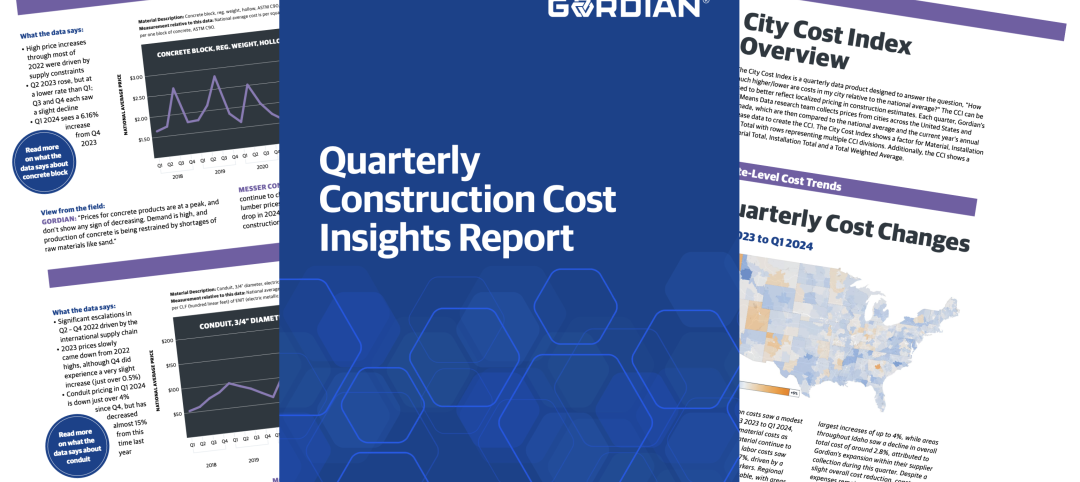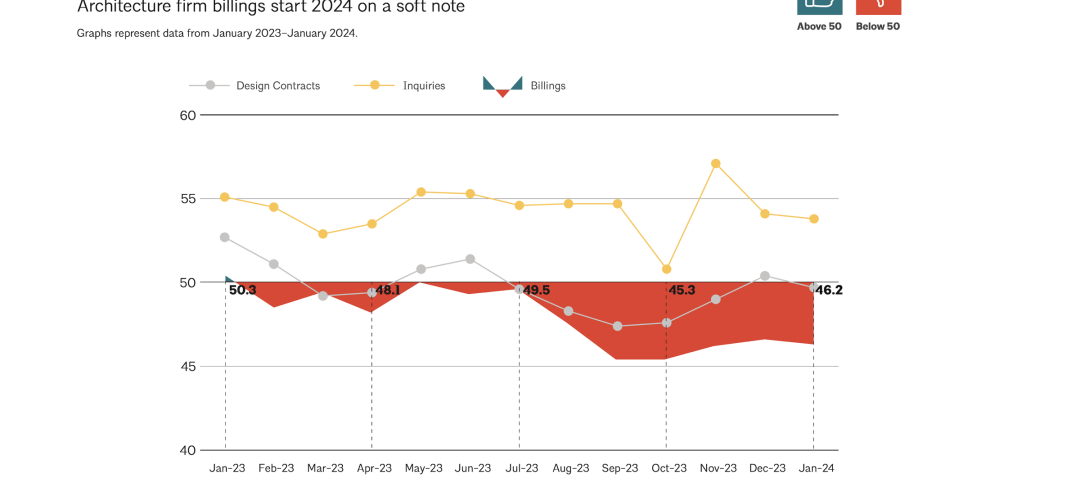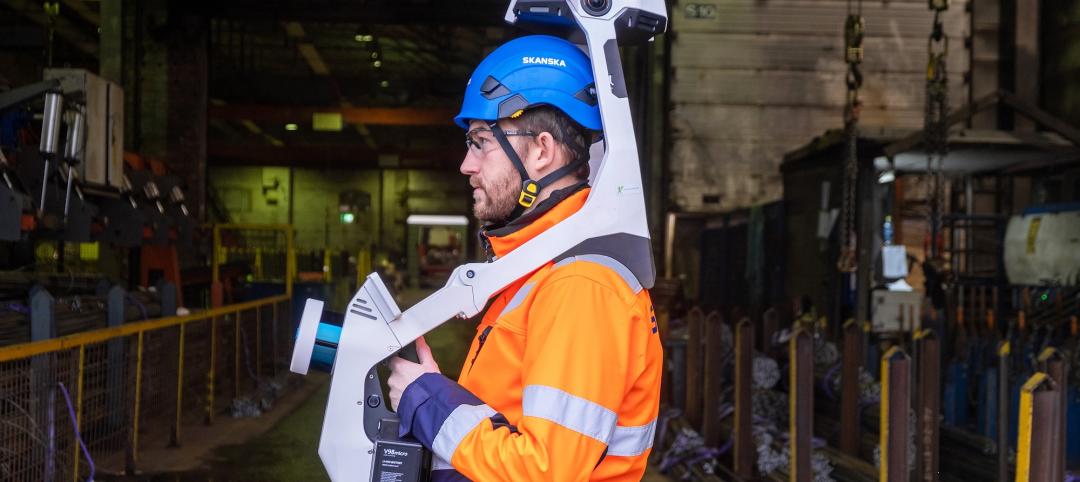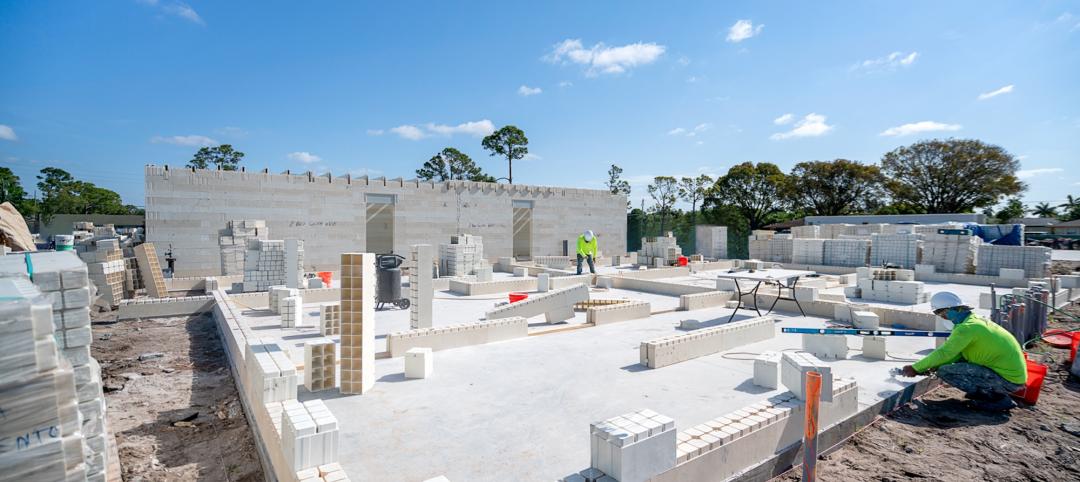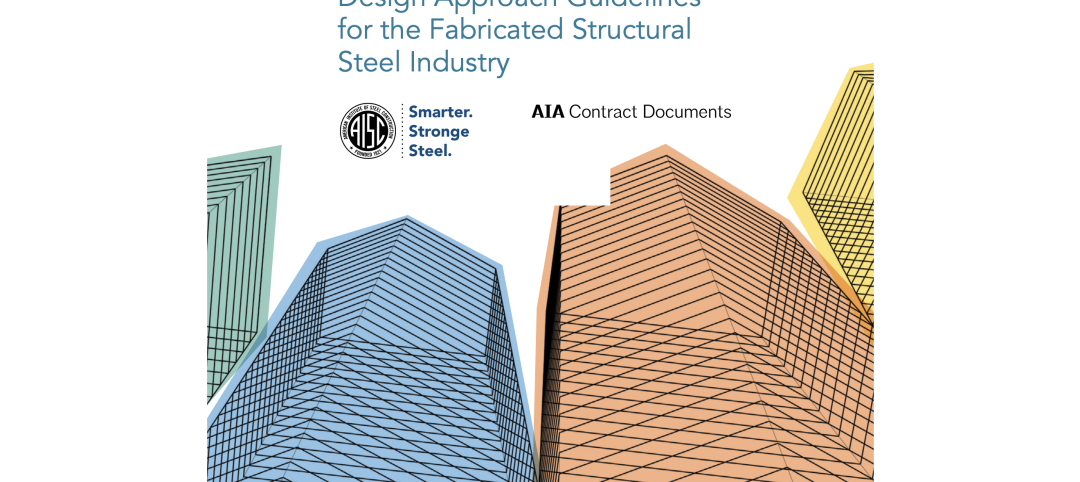An unusual surge in public construction in October pushed total construction spending to its highest level since May 2009 despite a dip in both private residential and nonresidential activity, according to an analysis of new Census Bureau data by the Associated General Contractors of America. Association officials urged lawmakers in Washington to make water and surface transportation investment a top federal priority.
“Nearly every category of public construction increased in October, according to the preliminary Census figures, although for the first 10 months of 2013 combined, public spending continues to lag the 2012 year-to-date total,” said Ken Simonson, the association's chief economist. “Meanwhile, residential spending slipped for the month but still showed strong year-to-date gains, and nonresidential spending remained stuck in neutral.”
Construction put in place in October totaled $908 billion, 0.8 percent higher than in September. But figures for August and July were revised down below levels that initially exceeded the current October estimate. The total for the first 10 months of 2013 was 5.0 percent above the year-to-date mark for the same months in 2012.
Public construction spending jumped 3.9 percent for the month but trailed the 2012 year-to-date total by 2.8 percent. The two largest public components were mixed: highway and street construction increased 0.6 percent in October and 0.3 percent year-to-date, while educational construction leaped 8.5 percent for the month but fell 8.5 percent year-to-date, Simonson said.
Private residential spending slid 0.6 percent for the month but still climbed 17 percent year-to-date. New single-family construction decreased 0.6 percent in October but soared 30 percent in the first 10 months of 2013 compared with 2012. New multifamily spending advanced 2.2 percent in October and 46 percent year-to-date.
Private nonresidential spending edged down 0.5 percent for the month and up 0.8 percent year-to-date, Simonson observed. The largest private nonresidential category, power—including oil and gas as well as electricity—plunged 5.7 percent and 5.8 percent over the two time periods. But the next three niches in size—manufacturing, commercial (retail, warehouse and farm), and office—rose for the month and year-to-date.
“Construction will likely display varied patterns in the next several months,” Simonson said. “Multifamily construction will keep burgeoning but single-family homebuilding may stall. Private nonresidential spending should benefit from more power, energy and manufacturing work. Public construction remains threatened.”
Association officials said Congress and the administration should keep public construction from returning to its recent slump by quickly completing Water Resources Development legislation that has already passed both houses and passing a new surface transportation bill next year that funds repairs to deteriorating highway, bridge and transit infrastructure. They added that any new transportation bill must include provisions to adequately fund the nearly depleted federal Highway Trust Fund.
“If Congress can act in a bipartisan way on transportation funding as it did on the Water Resources bill, it can avoid a cliff-like drop in highway spending,” said Stephen E. Sandherr, the association’s chief executive officer.
Related Stories
Construction Costs | Feb 27, 2024
Experts see construction material prices stabilizing in 2024
Gordian’s Q1 2024 Quarterly Construction Cost Insights Report brings good news: Although there are some materials whose prices have continued to show volatility, costs at a macro level are returning to a level of stability, suggesting predictable historical price escalation factors.
High-rise Construction | Feb 23, 2024
Designing a new frontier in Seattle’s urban core
Graphite Design Group shares the design for Frontier, a 540,000-sf tower in a five-block master plan for Seattle-based tech leader Amazon.
Construction Costs | Feb 22, 2024
K-12 school construction costs for 2024
Data from Gordian breaks down the average cost per square foot for four different types of K-12 school buildings (elementary schools, junior high schools, high schools, and vocational schools) across 10 U.S. cities.
MFPRO+ Special Reports | Feb 22, 2024
Crystal Lagoons: A deep dive into real estate's most extreme guest amenity
These year-round, manmade, crystal clear blue lagoons offer a groundbreaking technology with immense potential to redefine the concept of water amenities. However, navigating regulatory challenges and ensuring long-term sustainability are crucial to success with Crystal Lagoons.
Architects | Feb 21, 2024
Architecture Billings Index remains in 'declining billings' state in January 2024
Architecture firm billings remained soft entering into 2024, with an AIA/Deltek Architecture Billings Index (ABI) score of 46.2 in January. Any score below 50.0 indicates decreasing business conditions.
University Buildings | Feb 21, 2024
University design to help meet the demand for health professionals
Virginia Commonwealth University is a Page client, and the Dean of the College of Health Professions took time to talk about a pressing healthcare industry need that schools—and architects—can help address.
AEC Tech | Feb 20, 2024
AI for construction: What kind of tool can artificial intelligence become for AEC teams?
Avoiding the hype and gathering good data are half the battle toward making artificial intelligence tools useful for performing design, operational, and jobsite tasks.
Engineers | Feb 20, 2024
An engineering firm traces its DEI journey
Top-to-bottom buy-in has been a key factor in SSOE Group’s efforts to become more diverse, equitable, and inclusive in its hiring, mentoring, and benefits.
Building Tech | Feb 20, 2024
Construction method featuring LEGO-like bricks wins global innovation award
A new construction method featuring LEGO-like bricks made from a renewable composite material took first place for building innovations at the 2024 JEC Composites Innovation Awards in Paris, France.
Codes and Standards | Feb 20, 2024
AISC, AIA release second part of design assist guidelines for the structural steel industry
The American Institute of Steel Construction and AIA Contract Documents have released the second part of a document intended to provide guidance for three common collaboration strategies.



